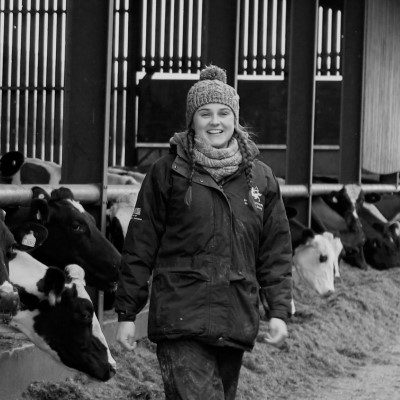CIEL | Blog: How women are advancing Agri-Tech
Polly Douglas
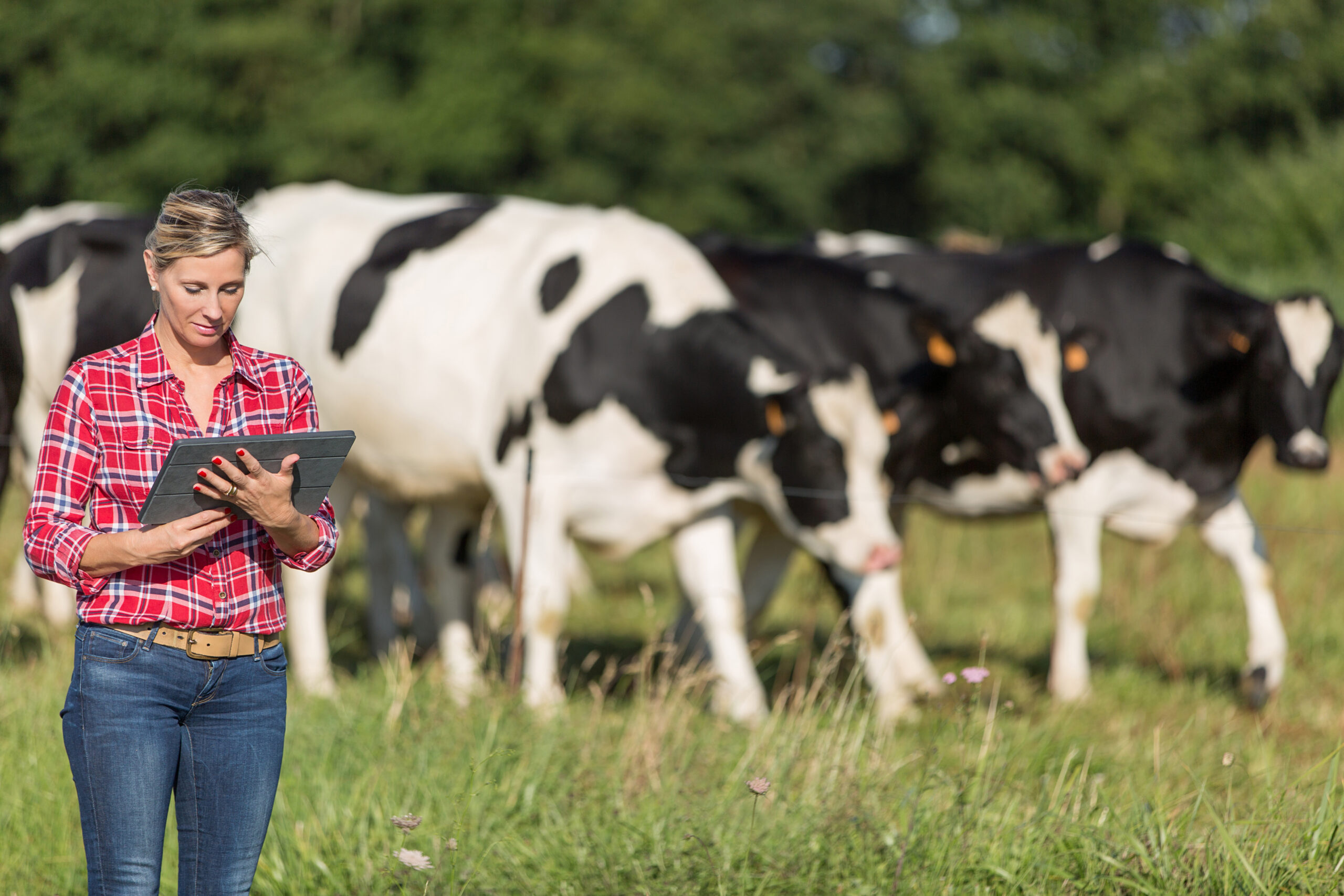
“I’m ashamed to say that when I was at school and I thought about ‘working in agriculture’, I thought of mud, wellies, tractors, and the lads who didn’t really care about exams, or the girls who talked about horses.
“It never occurred to me that it was a sector I would work in.” says Polly Douglas, Project Manager at CIEL, one of the Agri-Tech Centres.
“I studied biology at university, did a PhD in aquaculture, trained as a nutritional therapist, and never saw myself as working in agriculture.
“Everything I have studied has led me to this job, looking at food production, and why it is important to health and wellbeing. Agri-Tech has opened up a huge range of roles, jobs, and opportunities that didn’t exist when I was at school, or at least I wasn’t aware of them. You can have just as much impact on food production working in a lab, sitting at a desk, or in a field with your wellies on.
“We need to ensure that people in school know of the options and understand the role of geography, maths, physics, business studies, engineering as well as biology in maintaining the food supply, ensuring it is resilient and sustainable and that there is a place for anyone who wants to work in the agricultural sector.”
Livestock needs innovation to overcome critical challenges such as reducing methane emissions, prevention of diseases, climate change, and genetic improvement just to mention a few. To overcome them, attracting a diverse range of workers at the start of their careers can both spur creativity, innovation and alleviate the sector’s escalating skills shortage.
Studies show that only 17% of farmers are female. And, in addition, just 36% of the meat industry workforce is female, with 14% of board-level directorships and only 5% of CEO posts held by women.
On International Day of Women and Girls in Science, we speak to women from the CIEL network who are leading the way in accelerating agri-tech, about their roles and discuss why more women and girls should consider a career in the sector.
Leading the way
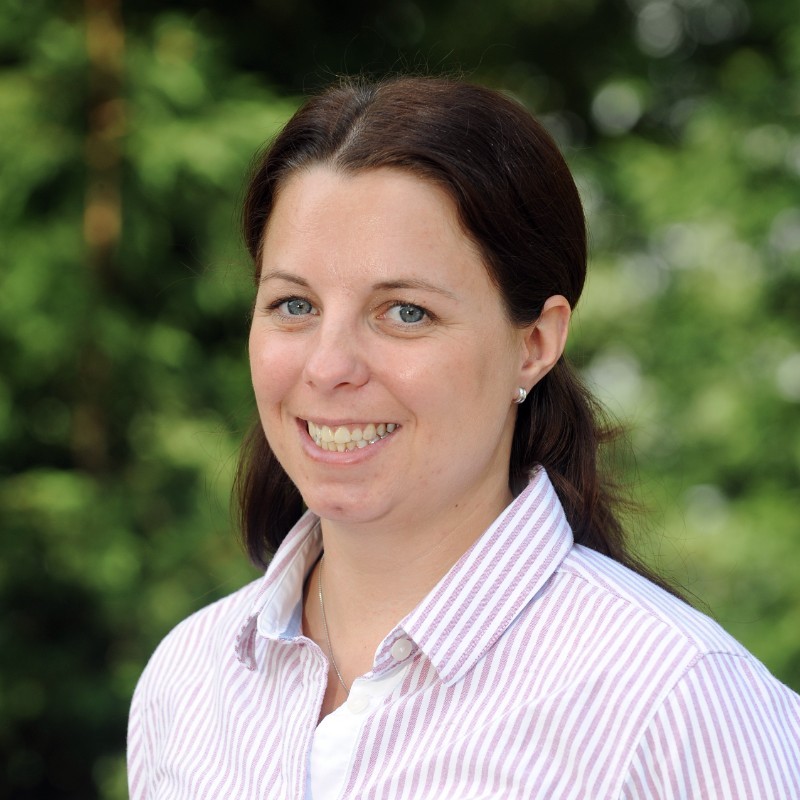 Katie Thorley – Sustainability Manager at ABP Beef
Katie Thorley – Sustainability Manager at ABP Beef
Q: Could you describe a typical day in your role as a sustainability manager at ABP Beef and how your work supports innovation in the agri-tech sector?
A: “In my role as sustainability manager at ABP Beef, no two days are the same. A few of the tasks I manage are our PRISM grant scheme and the running of our events programme. These help farmers learn and implement changes to their systems.
“Currently, we are looking at how to develop our PRISM programme to further engage with the farmers, both within the programme and the wider supply base. The idea of the programme is that we have their baseline carbon figures and get an understanding of the key areas where our farmers can make sustainable improvements on their farms to share with the wider suppliers.
Q: In your view, what are the essential skills individuals need to drive sustainable innovation in agriculture, and how do you apply these in your role?
A: “One of the essential skills I believe is needed to drive sustainable innovation in agriculture is knowledge. You need to understand what the current challenges for farmers are.
“We also need to be forward-thinking so we need to be enthusiastic to encourage farmers to look forward when it comes to sustainability on-farm and the implementation of innovative technology.
“To achieve change within the industry, we need our farmers to want to do things differently.
“There are many different professionals and companies which have been providing knowledge exchange for years and the same messages are being said, but they haven’t been taken up or implemented.
“Women have a pivotal role to play in encouraging farmers to be forward-thinking, as they are brilliant communicators, multi-taskers and great at organising things. I live the saying ‘If you want something done, ask a busy person’.”
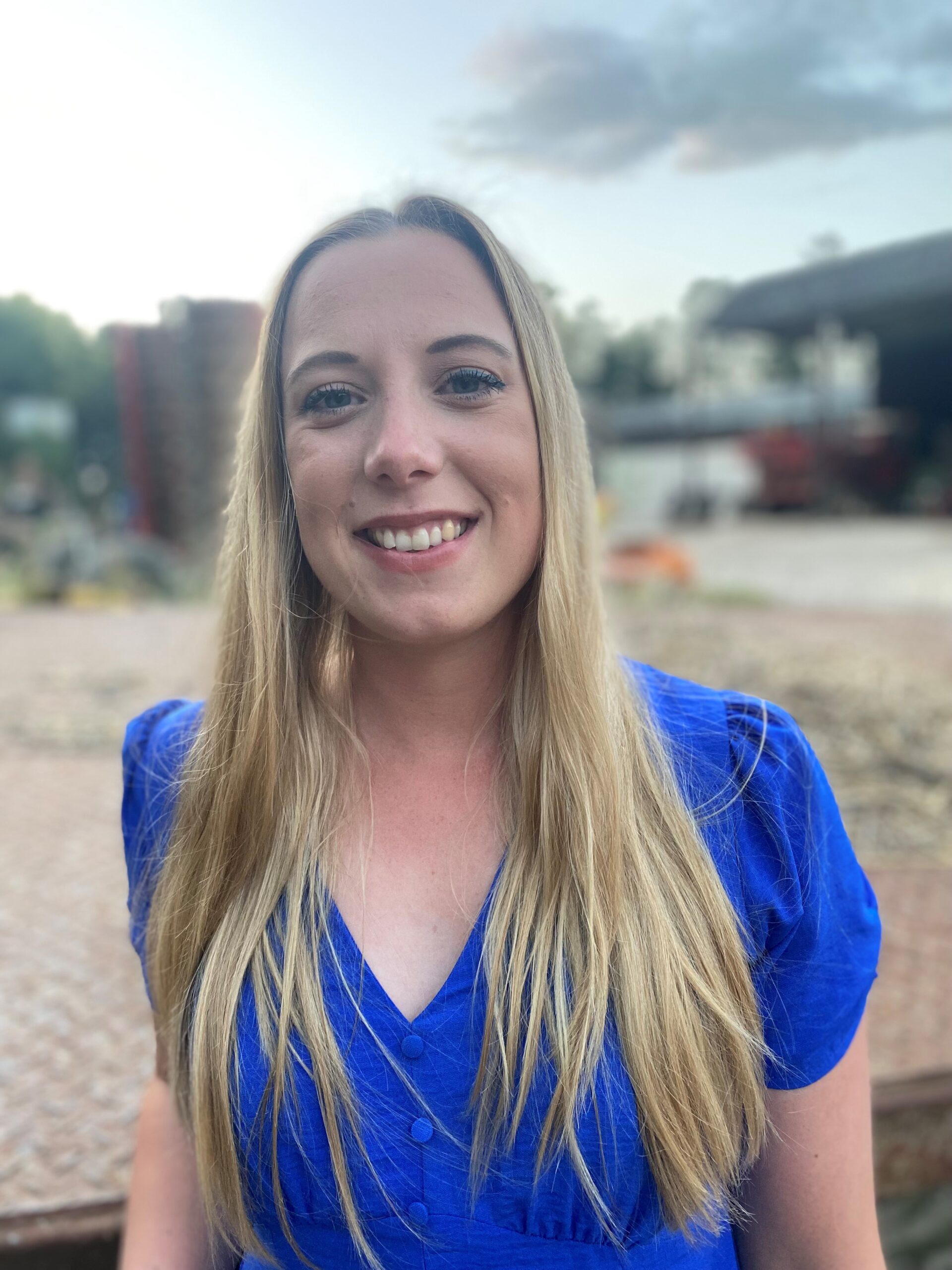 Annie Williams – Business Development Manager at CIEL
Annie Williams – Business Development Manager at CIEL
Q: How does your work at CIEL impact sustainable innovation in the sector?
A: “At CIEL I work across the supply chain, from businesses with exciting innovations for the farming sector, to farm suppliers, processors, and retailers.
“A joined-up supply chain approach is critical to sustainable innovation, and we work hard across the supply chain to make sure this happens while bearing in mind the objectives of the business’ that work in this ecosystem.
“CIEL’s impact on sustainability is not just about the environment, we work to ensure that innovation is also economically and socially beneficial. I’m working with a number of CIEL members on some really exciting projects at the moment, that I hope will bring real and sustainable change to the sector.”
Q: As a recipient of the Nuffield Farming Scholarship and an expert in ruminant nutrition, how do you integrate your scientific knowledge into practical solutions for the agricultural community?
A: “Contributing to practical solutions for farmers was one of my main reasons for joining CIEL.
“The background I come from is a mixture of commercial and academic, but particularly during my PhD it became really clear to me that there is a big gap in research being conducted and the practical dissemination of that new knowledge being adopted onto farm.
“I think communication is the key to this question. We must be able to translate research to a variety of audiences; challenge academics to pursue novel and high-impact results and contribute research that allows industry to innovate.
“We also need to communicate research to farmers in a way that allows them to make practical decisions that can help make long-term, positive changes on farm. Working across supply chains and communicating research in lots of different ways to a variety of stakeholders is critical to this.”
Q: In your opinion, what are the most significant barriers that prevent women from entering the agri-tech sector, and what strategies do you believe are most effective in attracting and retaining more women in this field?
A: “I think we’ve seen a real change in this area and at the moment, we’re really lucky to be able to see lots of women in leadership positions in the Agri-Tech sector.
“Being able to see someone like me, in a position where you can strive makes it so much easier for women to come into the sector. For me, mentors have been a vital part of my career development and I’m also lucky to have great friends in the sector who provide constant support and encouragement.
“I think women feeling supported and valued by male and female colleagues is critical to retaining more women. We also know that women need more encouragement than men to apply for certain jobs so we must create an environment that can support this.”
 Elena Piana – founder of Noola Redclaw
Elena Piana – founder of Noola Redclaw
Q: Can you provide a snapshot of your typical day at Noola Redclaw and how your work contributes to sustainable agri-tech?
A: “My work is extremely varied! One day I am working on the marketing strategy, another day I am checking the growth rate of the redclaw crayfish that we have in the ponds in Indonesia!
“My background is in science and sustainable aquaculture, I spent many years working on improving the environmental and social sustainability of seafood. I make sure that everything we do has sustainability integrated at its very core.”
Q: What motivated you to choose a career in agri-tech, and how does your work align with your personal values and goals?
A: “I love seeing things grow, good food and science. With that in mind, working in aquaculture technology was the obvious choice. I like to think of my current career path as a holistic approach to work, which allows me to incorporate personal interests and values with my career choice.
“When I started in this sector sustainability was not a hot topic at all, but it is amazing now to see how everything in agri-tech, is centred on the essence of sustainability. We still have a long way to go, but the movement is certainly well on its way.”
Q: As the owner and founder of a company that won Innovate UK’s Global Star award, what key factors do you believe are crucial for driving sustainable innovation in the sector?
A: “You may have heard this before, but it has to be said again: collaboration is very important for innovation.
“When you innovate you create something new, when something is new it’s highly imperfect and wobbly but good innovation should also be express great potential, and for these reasons, the business ecosystem must come together to nurture innovation.”
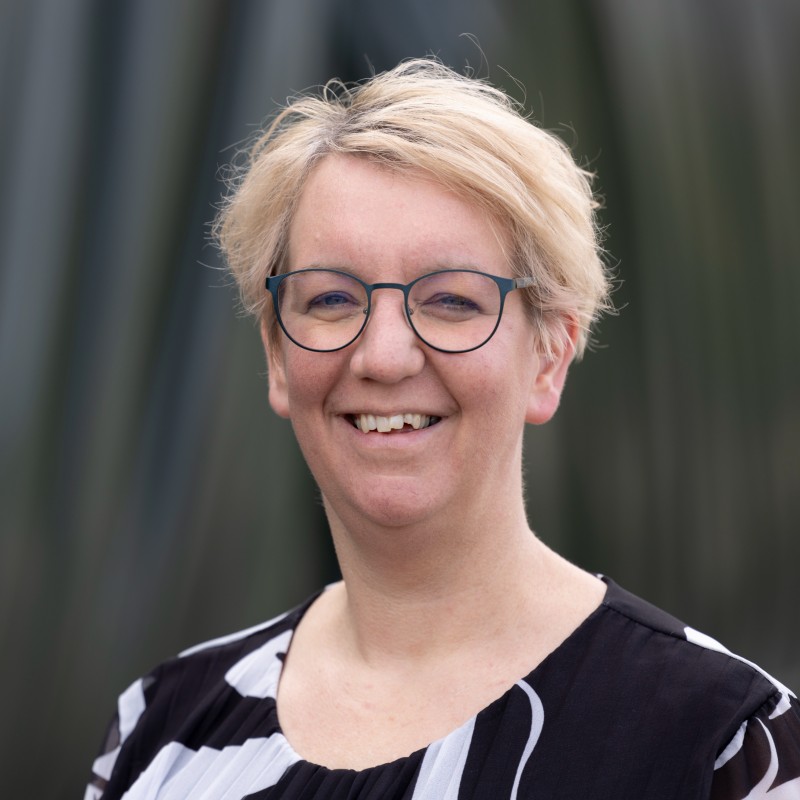
Polly Douglas – Project Manager at CIEL
Q: How can the sector better attract talent to a career in agri-tech innovation?
A: “The STEM ambassador scheme is great at exposing school children, and their teachers, to the real world of work and offers those working in science, technology, engineering and maths, an opportunity to show kids what lies outside of the traditional ideas of ‘working in agriculture’. I’ve loved going into primary schools and dissecting fish, engaging with the kids, asking them questions, and trying to gross them out.
“I encourage anyone to sign up, and speak about your job, let the new generation understand what there is out there, and what needs to be done, give them a challenge and they will rise to meet it.”
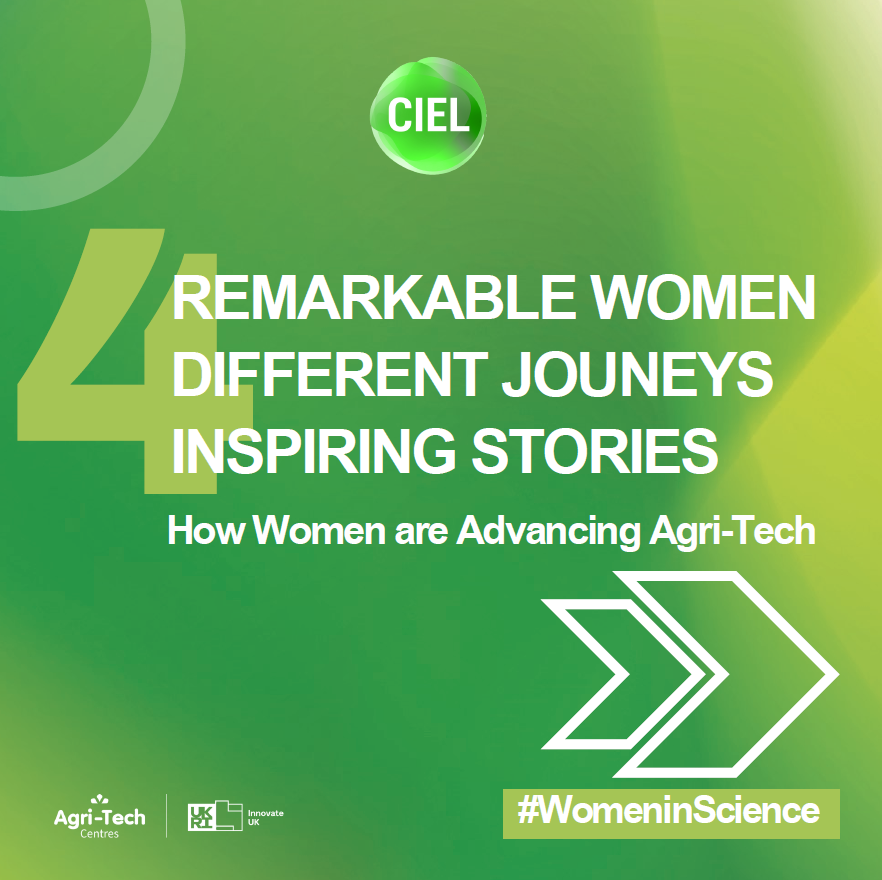

Polly Douglas, Project Manager
Polly has a background in aquaculture and novel ingredients for the animal feed market. She has a wealth of experience in innovation and project management and is passionate about sustainable food production. She will be supporting some of the activities across the Project and Business Development teams.





